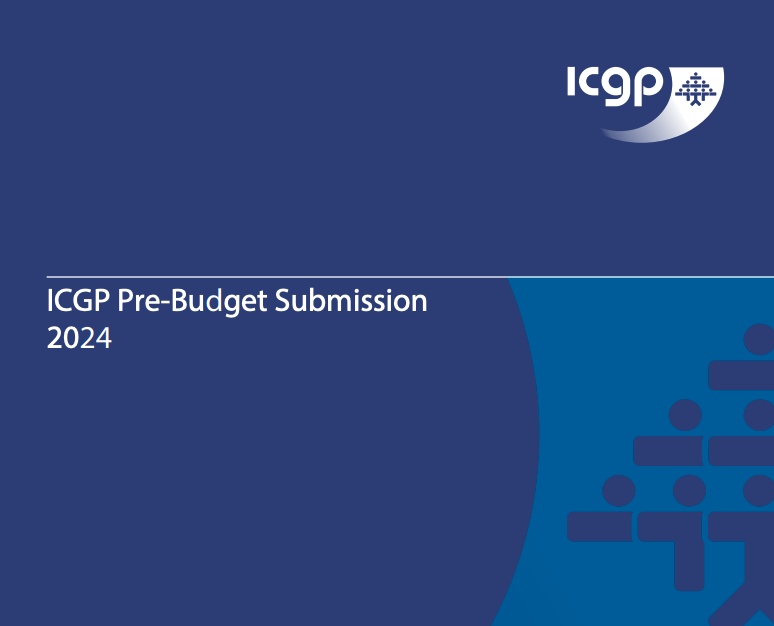- Irish College of General Practitioners’ Pre-Budget Submission calls for greater resources to build bigger GP practices in urban areas, and infrastructure for rural practices.
- ICGP urges Government to make mental health a budgetary priority to enable sessional psychological and counselling services in general practice.
The Irish College of General Practitioners (ICGP) is the professional body for general practice in Ireland. The ICGP is the representative organisation for education, training and standards in general practice, with 4,200 members and associates comprising over 85% of practicing GPs in the Republic of Ireland, and 1044 GPs in training.
In its Pre-Budget Submission for Budget 2024 to Government, the ICGP has highlighted the serious workforce and workload crisis in general practice, as GPs retire and the population and eligibility to free GP care grows.
The ICGP predicts that in the future, the structure of general practice will be built around a Primary Care Team approach i.e. GPs, nurses, a practice manager and administrative staff, combined with allied health professionals.
The Medical Director of the ICGP, Dr Diarmuid Quinlan, said “General practice is changing, and GPs are flexible and open to change. We are expanding the number of GPs in training to 350 in 2024, in recognition of the need for more GPs, and we have established the non-EU Rural GP programme. The HSE has been very supportive in enabling the College to do this.”
Dr Quinlan added: “However, we are in the midst of a general practice workforce and workload crisis that is not going to go away. The COVID-19 pandemic has brought longstanding workforce and workload challenges to a head.”
The CEO of the ICGP, Fintan Foy, said: “More management and administrative supports are required for bigger practices, particularly in urban areas, and we need more incentives to enable GPs to establish practices in rural areas and areas of high deprivation. Multidisciplinary teams of practice nurses, advanced nurse practitioners and healthcare assistants can support GPs and provide more services in practices.”
The Director of the ICGP’s Mental Health in Primary Care Project, Dr Brian Osborne, said: “General Practice is the first port of call for most people with a mental health problem, and we need to finance sessional psychological and counselling services for patients. Psychologists, community psychiatric nurses and mental health therapists need to be part of the Primary Care teams within general practice.”
The ICGP’s Pre-Budget Submission can be read in full here .
The ICGP’s discussion document on the GP workload and workforce crisis, Shaping the Future, can be read in full here.
ENDS
Issued by: Aileen O’Meara, Communications Consultant, Irish College of General Practitioners.
Tel. 01 2542984 / 087 2239830. Email: media@icgp.ie
www.icgp.ie www.icgpnews.ie

